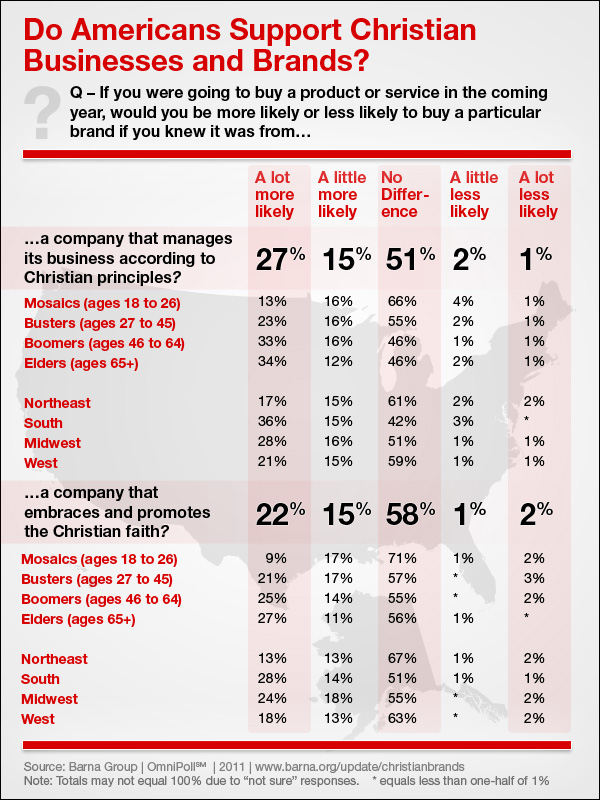Is Scripture Wholly Trustworthy?
March 15th, 2011Over the past few weeks I’ve been thinking about the baggage that we bring with us when we approach Scripture. Anytime we open the Bible, a host of competing voices from our past and present jockey to offer an interpretation of what we’re reading. I often find it hard to silence those voices and just listen to what God has for me. What kicked off this thought process was a convicting question at Near Emmaus: “If Scripture is not trustworthy where it bothers you, then why assume it is trustworthy where it does not?” Here’s an excerpt from the post:
If YHWH God seems angry and vindictive, they assume that Scripture is wrong. If there are passages that use language that makes us feel a bit of uneasy in our modern, scientific world-view, they assume Scripture is wrong. If there are passages that present eschatological statements that seem confusing and/or cryptic, they assume Scripture is wrong. If we read passages where Jesus is seen as cosmic judge, they assume Scripture is wrong. If Jesus says love your neighbor, Scripture is obviously right then. If it condemns those who do not take care of the orphan and the widow, then the ethics of Scripture make sense as do threats of judgment. If it says God is love, well, we like that so it must be right.
Read the rest of the post and the comments at nearemmaus.wordpress.com. I’ve tried to keep this in mind as I’ve done my personal Bible study over the past week (credit michele here). It’s been difficult, but worthwhile. Are there specific passages or books that you find difficult to approach from the standpoint of “This is trustworthy?”

